Chat with Us! Click here to chat to one of our friendly representatives.
SPECIALIST HELP TO NEGOTIATE YOUR NEXT ENTERPRISE BARGAINING AGREEMENT
Enterprise Bargaining Agreement (EBA)
Want to seize control of your employment arrangements? Unfamiliar with concepts such as good faith bargaining, compulsory arbitration and the “Better Off Overall” test? With new significant civil penalties contained in the Fair Work Act 2009 (Cth) and greater scrutiny by the Fair Work Commission, it pays not to risk ‘going it alone’ with enterprise bargaining.
That’s where we come in. Our Wizards have years of experience in enterprise bargaining agreements, and they know how to ensure the EBA process is smooth from beginning to end. Plus, with fixed fees and no need for a lawyer, you won’t be hit with expensive legal bills.

What is an Enterprise Bargaining Agreement (EBA)?
Enterprise bargaining is the negotiation process between management, employees, and their bargaining representatives (say, a trade union official) with the goal of striking terms for an enterprise agreement (EBA). An EBA is a document registered with the federal employment tribunal setting out the terms and conditions of employment between a group of employees and their employer.
Before their introduction, there were various types of collective and individual workplace agreements. To simplify the system, it was revised to place everything under the banner of ‘enterprise agreement’. This made it far easier to both negotiate and keep track of everything that was agreed upon. The terms are negotiated by involved parties collective bargaining in good faith. Once every party is happy with the conditions set out, the proposed enterprise agreement is set and all involved will be held accountable should the terms be brought up again.
Types of Enterprise Bargaining Agreement

Single Enterprise Agreements
These are agreements between a single employer (or two or more single-interest employers) and the employees who work at one or more of the employer's operations. This type of agreement is common in individual workplaces where a specific set of terms and conditions can be tailored to meet the needs of the employer and the employees in that particular enterprise.

Multi-Enterprise Agreements
These involve two or more employers that are not single-interest employers making an agreement with a group of employees. This type of agreement is less common and can be suitable where multiple businesses want to standardise employment conditions across similar operations.

Greenfields Agreements
These are a subtype of either single or multi-enterprise agreements and are made in relation to a new enterprise of the employer or employers before any employees are employed. This can involve either a single enterprise Greenfields agreement or a multi-enterprise Greenfields agreement. They are useful for employers initiating new projects or operations where they need to set employment conditions before hiring starts.
What are the Key Terms in an Enterprise Agreement?
To ensure everything is covered, there are several terms that are mandatory in all enterprise agreements. These are:
- a coverage term;
- a nominal expiry date;
- a flexibility term;
- a consultation term;
- a dispute settlement term.
Visit the Australian Fair Work Commission website for more information on these terms.

Our Methodology
With significant civil penalties in the Fair Work Act 2009 (Cth), you need experience on your side of the table when it comes to enterprise bargaining.
Doing the work up front with us will prepare your management team for an efficient, productive, and focused EBA negotiation. Our structured and organised planning will save countless hours and tens of thousands of dollars during the negotiation itself.
What’s the Difference Between a Modern Award and an Enterprise Agreement?
A modern award is a different legal document that outlines the minimum terms and conditions that an employer must offer their employees. It’s a baseline for an employment contract, and while many employers use a modern award to set out terms and conditions, they’re not always the best option. An enterprise agreement is always negotiated on between the employer and employees, allowing both parties to bargain for better terms than what’s set out in a modern award.
Enterprise agreements are more specific, more flexible, and cannot offer less than what is specified within the base standards stipulated by the National Employment Standards. This makes them an excellent tool for fairness in employment.
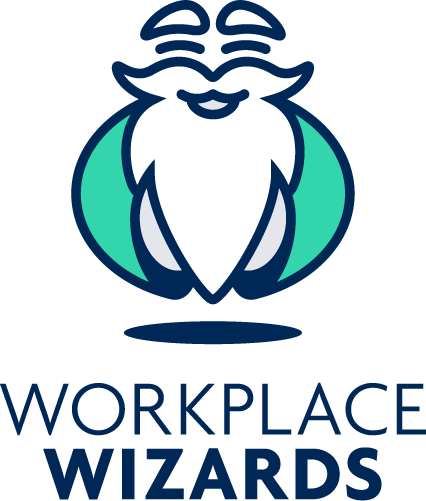
How We Help You Negotiate an EBA
Workplace Wizards can help you negotiate an EBA that suits both parties – flexible, efficient, and cost-effective while giving staff ample incentive to boost productivity.
Our advisors have many years of industry-specific bargaining experience across construction, manufacturing, warehousing, retail, education, health, and social and community services.
Whether you need us at the negotiating table or just as a trusted advisor, we can help.
Related Articles






Contact Us
Get in contact with a workplace lawyer or advisor to access initial advice about your workplace requirements.
Enterprise Bargaining Agreement FAQs
How Is an Enterprise Agreement Made?
Everything you need to know about conducting the negotiation process for enterprise bargaining is covered in the Fair Work Act (2009). It provides a clear and flexible structure to ensure employers and employee representatives (usually Trade Unions) can conduct the negotiation process and ensure all parties get a fair say.
This includes:
- bargaining in good faith
- topics of discussion for enterprise agreements
- how an agreement is made and approved
- and more.
How Do I Start the Enterprise Bargaining Process?
The process begins with an employer informing their employees of their right to a bargaining representative. Every employee that will be covered by the enterprise agreement should be notified. Additionally, they must be informed as soon as possible no later than 14 days after the notification time for the agreement.
Who Can Be a Bargaining Representative?
There is a set list of people that can be bargaining representatives for an enterprise agreement. These are:
- an employer that will be covered by the agreement
- a representative appointed by an employer
- an employee that will be covered by the agreement
- a representative appointed by an employee, or
- a union (by default if an employee is a member).
(See Fair Work Act 2009 ss.176–177)
It’s important to establish bargaining representatives as early as possible. This is because bargaining representatives are responsible for negotiating the enterprise agreement, and if parties that are affected by the agreement aren’t involved in the process, they may have grounds for objections later.
MAKING Magic for Your Business
Trusted by Australia's Top Businesses
- Tailored to our needs. Worked in with us as part of all day training event - Wizards provided one of the sessions for the day, and tailored their session to lead beautifully into our session on Above & Below the Line Behaviours.Cathy Healy2/02/2024Good communication and advice. Overall policies were good.Rebecca Vanderhoek10/25/2023Thanks for a great presentation, there was something for everyone in there. The 3 newbies were quick to send me their thanks for the session. The experienced crew will have a couple of things to take away or to work on, including me. It's also provided a useful base for me to discuss with [the team] where we can improve across the board.Stephen Gray8/18/2023
- We had very good feedback about the session, thankyou. It also flowed through beautifully to introducing above and below the line behaviours within teams and sites, which we did in the session after lunch. That was also very well received.Cathy Healy7/21/2023Just wanted to say thank you both for a great training session today, I have had lots of positive feedback from staff.Amy Byrne5/31/2023Professional and Prompt. Understood the requirement and addressed it directly.
Firm Checker
Tim Bowers10/04/2022
Brands We've Worked With






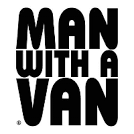
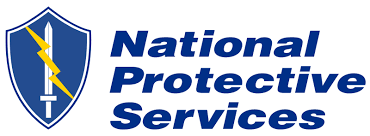




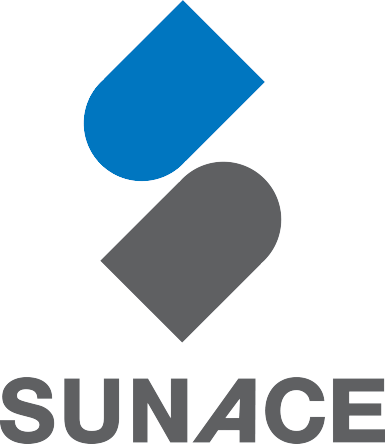

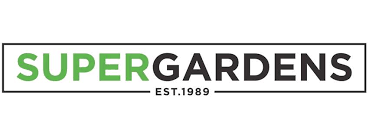

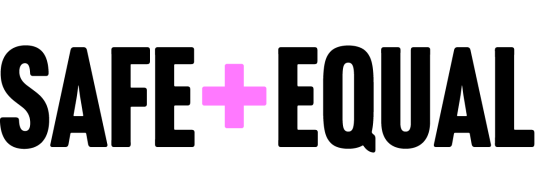

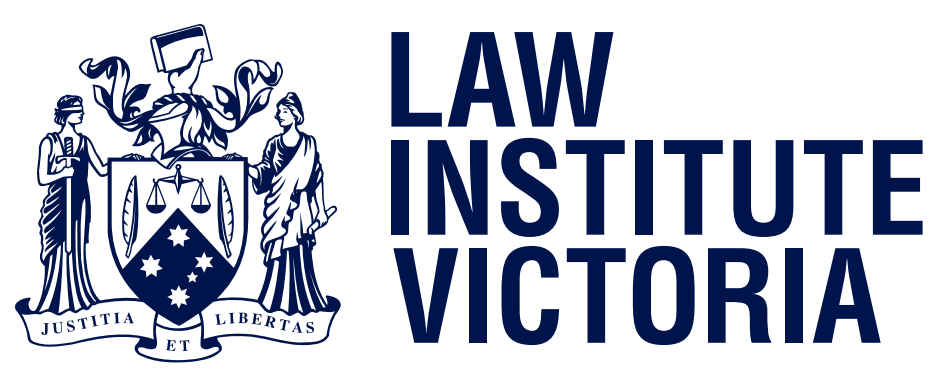




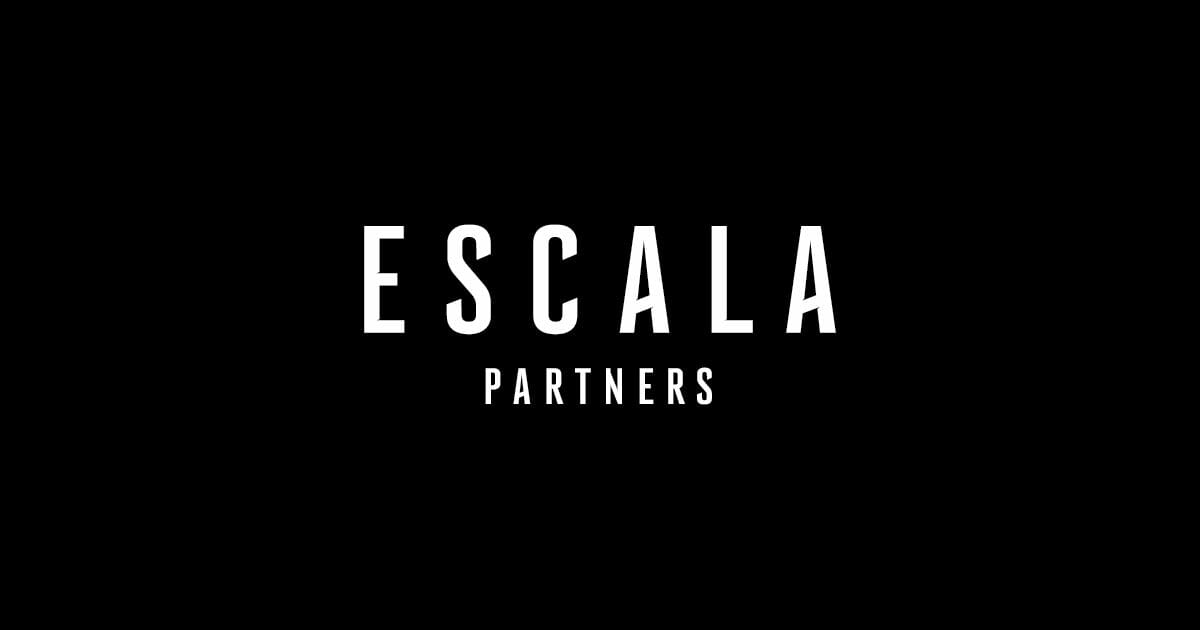

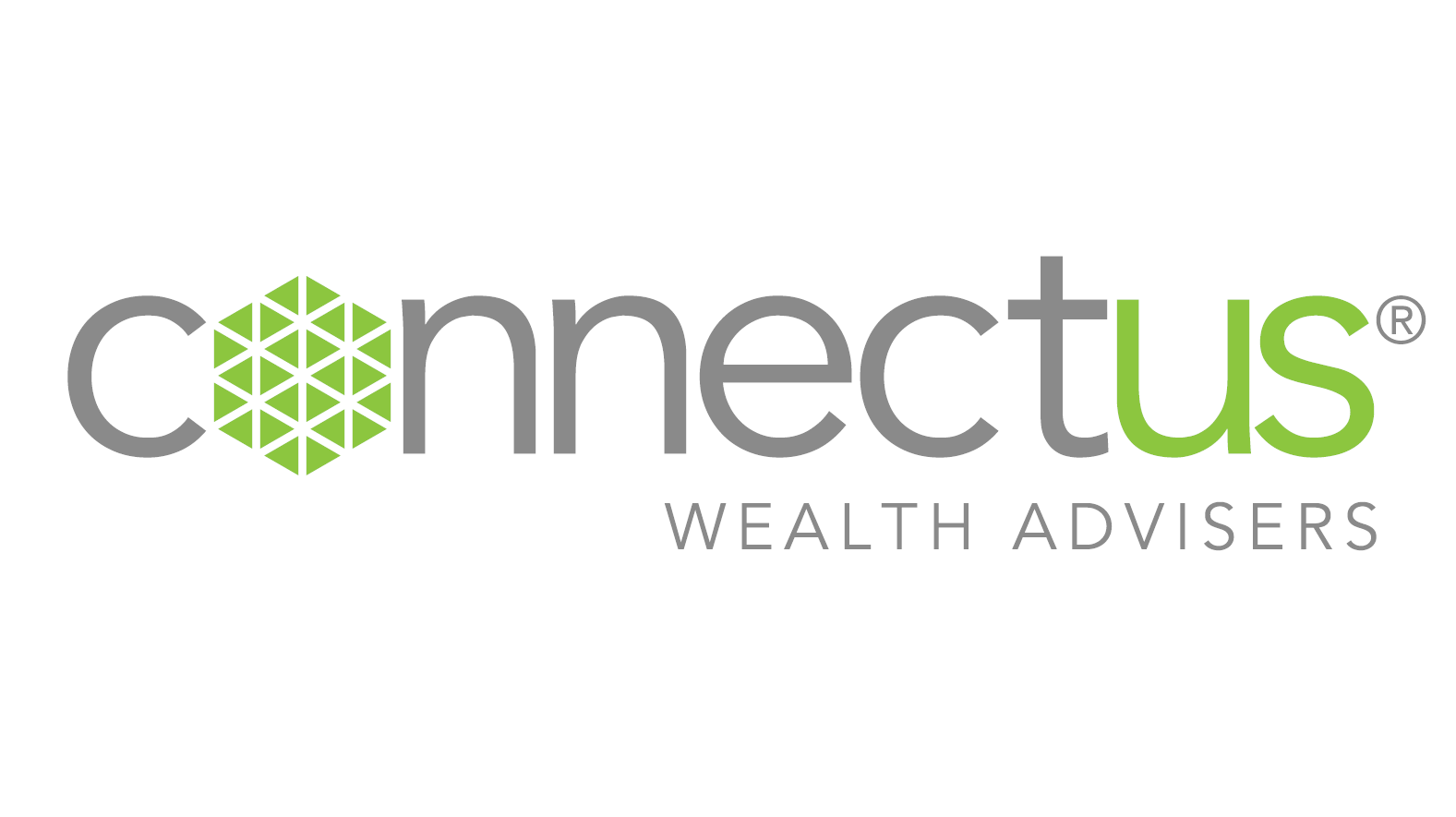
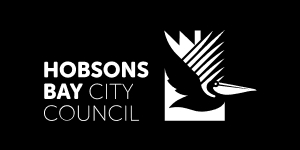







 Firm Checker
Firm Checker